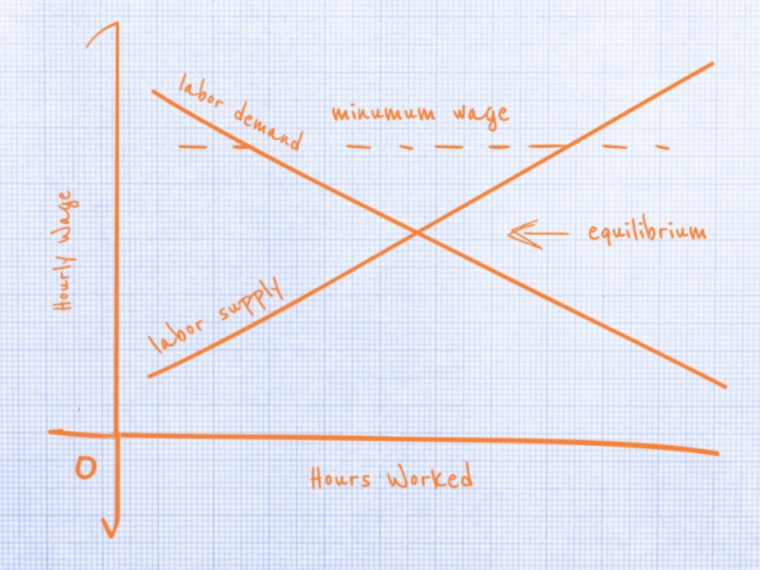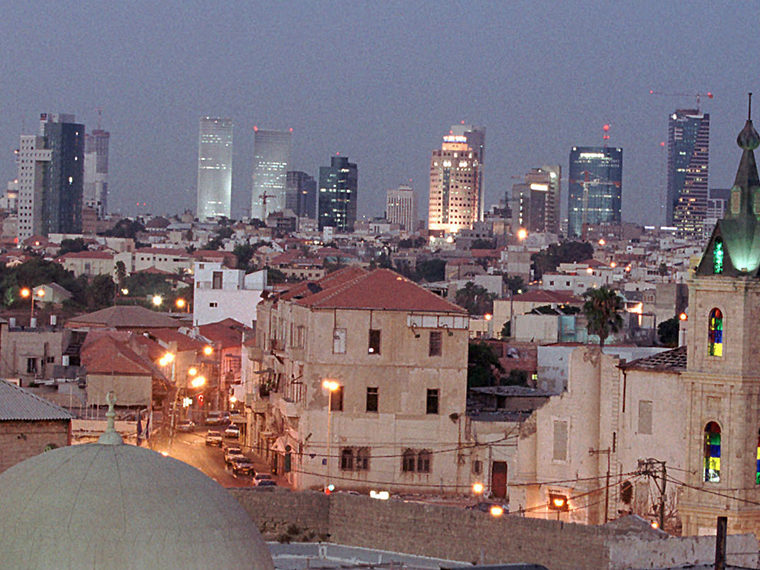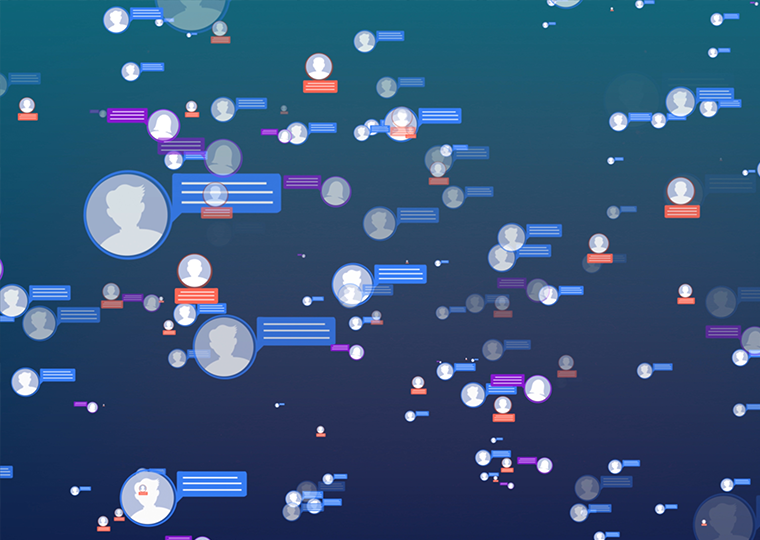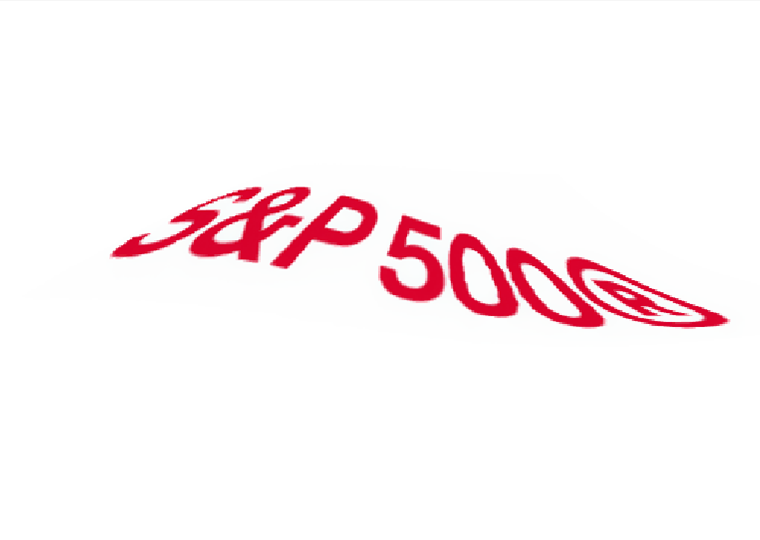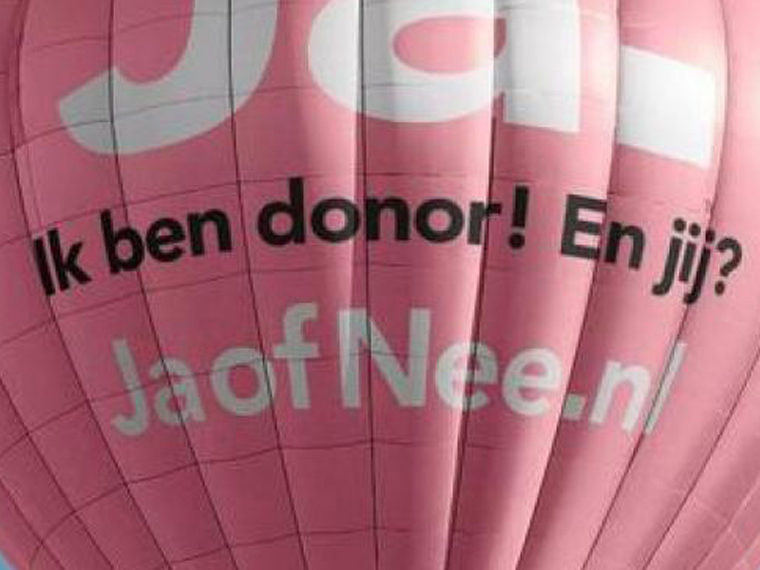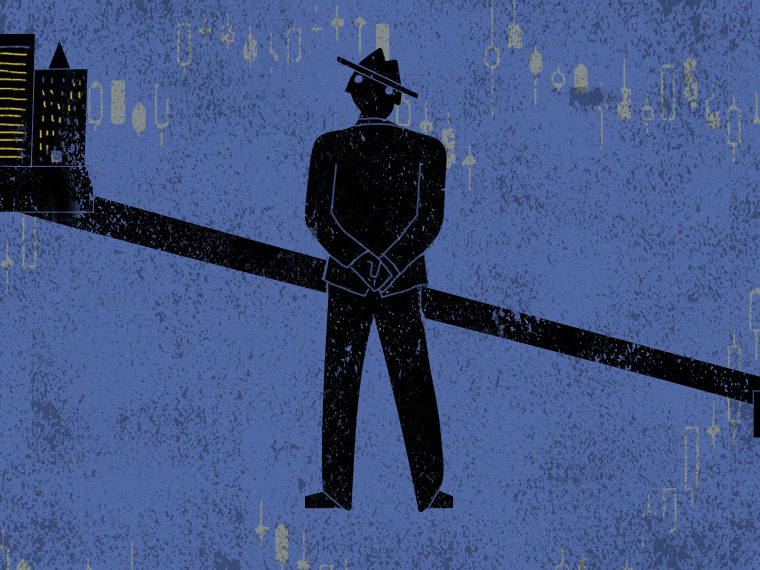A self-imposed quest for a perfect time to enjoy an indulgence often means missing out on actually having a good experience
Much of life can seem like an endless cage match in which you’re pitted against the forces of delayed gratification. Sticking to a diet or a gym regimen is hard when the payoff may not be seen or felt for months (or for decades, in a healthier later-life you), while tonight there’s tiramisu on the dessert menu and a Netflix binge awaiting if you park yourself on the couch.
Indulging in Future Bias
The difficulty of fighting the urge to consume in the here and now rather than wait is a well-trod area of research in academia. In work that began with her Ph.D. thesis nearly 15 years ago, UCLA Anderson’s Suzanne B. Shu has been exploring an opposite behavioral tic: Once we slap a “special” label on something, we do a 180-degree attitude shift and practice too much delayed gratification.
Research in the 1980s and ’90s suggested that people believe consuming something indulgent will be better enjoyed if it is saved for a special occasion. The more special the item, the more we’ll hold out for just the right moment to enjoy it.
Opt In to the Review Monthly Email Update.
Sounds benign, right? In an article published in the Journal of Marketing Behavior, Shu and the University of Pennsylvania’s Marissa Sharif make a case that the pursuit of the perfect time to enjoy an indulgence is the enemy of actually enjoying a good experience.
We convince ourselves that the best — the perfect — moment to indulge must be in the future, where our imaginations can conjure up all sorts of notions of an ideal time and setting to enjoy ourselves. So, rather than enjoy the bottle of wine or a free concert pass now, we tuck them away and wait for that imagined perfect moment.
And wait.
Shu and Sharif show that this is not some sneaky-smart behavioral tic that builds the anticipation to a greater savor point or payoff. Rather, the tendency to wait for the “perfect” occasion to consume or use a valued possession can backfire.
The chocolates sit unopened until they become unappealing. Or we choose to wait to see if our favorite band will be coming to town, foregoing using our free concert pass on the multiple acts that actually came to town that we would still have enjoyed. And then we end up having to use the soon-to-expire free pass on a band we really don’t connect to.
Ever found yourself hustling to use reward points or frequent flyer miles before they expire? Have unused gift cards stuffed in your junk drawer, or didn’t use vacation days? You’ve got some future bias issues.
Shu and Sharif find that our compulsion to wait for the perfect situation to consume indulgences, a behavior academics call occasion matching, is in part driven by the fact that we fear the regret of consuming too early and then missing out on the possibility of a better time to consume in the future. Because in the future, everything is possible.
We’re also guilty of overestimating the probability that our dream scenario will actually happen. So, we hold out for a perfect future that rarely (if ever) materializes rather than “settle” for the good (but not perfect) opportunities that are actually grabbable.
The Endless Wait
Shu and Sharif’s research provides empirical heft to what journalists Dorothy J. Gaiter and John Brecher recognized nearly two decades ago was an issue for wine enthusiasts. The couple was often fielding queries from readers of their Wall Street Journal wine tasting columns asking for advice (and perhaps some knowing permission) on when they should drink a treasured bottle of wine.
Long before “pre-commitment” became a popular corrective nudge for all sorts of behavioral biases, Gaiter and Brecher launched Open That Bottle Night in 2000. As Gaiter recently explained, OTBN is “an impetus for people to enjoy a wine they had been keeping for a special occasion that never arrived.” Pre-committing to that special annual night (the last Saturday in February, if you’re game) breaks the fever to keep holding out for a better time that may fall victim to the wine’s going bad or life’s intervening. Gaiter and Brecher have chronicled many stories of people saving a special bottle to enjoy with a loved one who then dies before that moment ever happens.
The Tyranny of Special
Shu and Sharif’s research first took a spin through a few examples of how our grip tightens on items the more we view them as special.
A small pilot test found that members of a grad-school wine club typically spent $16 on a bottle of wine, and opened about two bottles per week. But “special” bottles, with an average price tag of $93, were held onto for an average of two years.
The same dynamic was in play for more than three dozen golfers who had a box of high-end golf balls. On average, the duffers said it took them a year to use those balls, compared to running through a new supply of regular balls every four to six months.
Shu and Sharif next turned to a box of chocolates to explore the intersection of the perceived specialness we attach to an item, and our desire to match its consumption to a special occasion.
In a lab experiment, 50 college students were given a hypothetical box of chocolates, and each student was told one specific origin story for their box: for some it came from the grocery store (no big deal) for others the frame was special (purchased on a memorable trip or at a fancy boutique). Shu and Sharif asked the study participants to rate on a scale of 1 to 9 the likelihood, across six different scenarios, they would dive into their box of chocolates — ranging from the everyday (sharing with a roommate or having as a snack) to the big-moment (one’s own birthday, a romantic date). Participants signaled an intention to wait to enjoy the chocolates on a big-moment date or birthday.
Shu and Sharif point out that the more special the origin story, the bigger the pull to wait for a special occasion. For instance, the differential between enjoying a grocery store box of chocolates as a snack or on the participant’s birthday was 2.9 points (4.11 vs. 7.00). But if that chocolate came from an expensive boutique the differential was 3.4 points (4.00 vs. 7.44).

Burdened with Regret of Missing Out
Shu and Sharif find that regret is a front-and-center reason why we are so focused on occasion matching.
In another experiment, more than 300 participants were presented with three hypothetical opportunities to enjoy an indulgence: a bottle of wine purchased on a romantic trip, an heirloom tomato from the farmer’s market and a coupon for a freebie at an ice cream shop. For each scenario participants indicated whether they would use it immediately, or save it for a potentially more perfect occasion in the future.

The High Cost of Occasion Matching
Shu and Sharif’s final experiment finds that our too-optimistic miscalculation of the probability of the ideal moment’s ever occurring causes us to self-sabotage our ability to enjoy ourselves. Our myopic focus on the potential best moment causes us to miss out on opportunities to cash in and enjoy a very good (think: second best) situation that is actually attainable.
The researchers created an experiment that tracked participants’ willingness to use a special indulgence — a free pass to a concert venue — and their self-reported satisfaction with the choice they ultimately made.
Shu and Sharif created a closed universe of 20 musical acts for their study; two were the most popular performers named in a survey of college students, thus serving as the “special” indulgence proxies. The other 18 acts had middling to low popularity ranks.
They then asked more than 400 college students to self-rank those 20 acts and to imagine that a friend gives them a free pass to attend one concert that is part of a series of 15 weekly concerts at a nearby outdoor venue.
The participant was free to choose when to use the free pass during the 15-week season, in which each week the band appearing that week was disclosed; but the full lineup was never divulged, so participants never knew if there was a better (more popular) act worth waiting for. To add another layer of specialness-testing, the researchers told some participants their pass was VIP with backstage access, while others were relegated to less-special lawn access. In both scenarios, participants were exposed to one of two additional twists: their free pass was either a one-shot deal, or their friend could get more discounted (though not free) passes later in the season. A final step was for each participant to weigh in on his or her level of regret for the choice.
The more special the pass, the more someone waited to use it. Patience did not pay off. Participants who reported low-regret used a less-special lawn pass that could be supplemented with more discount passes by week 7 on average, and ended up choosing an act ranked around 10 on their list. Among low-regret participants with a one-time VIP pass to deploy, the average wait was until week 10 to use the pass for a band that had an average rank of 14 on their preference list.
In the increased emotional stakes of the high-regret group, there was no discernable difference in choices made by participants with one-time VIP passes or access to multiple discount passes for lawn seating. Everyone tensed up trying to nail their occasion match. The average week when the pass was used was in a narrow range of 8.5 for folks with lawn passes and access to more discounted passes, to around week 9 for the three other conditions (one-time VIP, multiple discounts VIP, one-time lawn pass). In all four conditions, the average rank of the band chosen was around 12.
The results of this experiment build on research Shu published in 2008 that tasked participants with buying an airline ticket for 15 consecutive weeks, and having one free pass to deploy. Participants were told in advance that tickets would be either $100, $200, $300, $400, $500 or $1,000. In each week the participant was shown a price and had to choose to use cash to purchase the ticket or to use the free pass. Participants were told in advance the probabilities of a given price showing up in each of the 15 rounds: from a 55 percent probability of seeing a $100 ticket to a 1 percent chance of seeing the $1,000 ticket. (In fact, given the low probability of the $1,000 ticket, the highest price many participants encountered was $500.)
Still, the pull of occasion matching caused an overconfidence that the $1,000 ticket would materialize — just wait for it — and be the most perfect time to use the free pass. That meant many participants didn’t make the most of their opportunity. The average total spending for all 15 flights was more than optimal, and the average value of the ticket they used the free pass on was less than the best option they could have chosen. The regret of choosing too early was on full display: In instances when participants didn’t choose the best option, choosing after the optimal option had been offered occurred four times more often than when people made their suboptimal choice before the best one was flashed in front of them.
Shu also questioned participants after they completed all 15 rounds to get a sense of their level of satisfaction with how they navigated the test. Participants who managed to use their free pass on the most expensive ticket reported the highest happiness, followed by participants who used the free pass in an early round, only to see a higher price in a later round. The least happy bunch were participants who kept holding out for a higher-priced ticket (that often didn’t materialize) in a later round.
Nudge Yourself to Enjoy Life’s Pleasures
The propensity to occasion match, and to mis-time that match, is both a challenge and opportunity for marketers. While much attention is paid to getting consumers to buy a product, if they don’t consume it, they are less inclined to need to replace it, thereby reducing the pool of potential repeat buyers. Moreover, if they end up frustrating themselves by waiting too long (and have a suboptimal experience), it can impact consumer desire to buy more/buy again.
As for consumers, the tricky thicket of occasion matching indulgences suggests making a conscious effort to be a bit less of a perfectionist. Choosing to enjoy yourself this week — and locking in that positive experience — can be easily framed as glass half full. Having the experience of enjoying yourself here and now is a guaranteed win. Waiting for a potentially more vivid experience is a crapshoot.
One way to push yourself to be less of a perfectionist is to actively consider second-best. In the airline ticket experiment, Shu ran a side test that forced participants to actively focus on second-best options of tickets priced at $500 or $700 that have a higher probability of being offered, in addition to their myopic habit of salivating over being able to use the pass on a $1,000 ticket. With this manipulated nudge to not be so focused on perfect occasion matching, participants didn’t wait as long to use their free ticket.
And even if you aren’t currently burdened with a wine cellar full of delayed gratification, using the pre-commitment trick at the heart of Open the Bottle Night can be a way to nudge yourself into enjoying yourself more.
In addition to fighting the regret of not holding out for a potentially perfect occasion, research Shu published in 2010 with UC San Diego’s Ayelet Gneezy finds that when it comes to enjoying ourselves, we’re often done in by procrastination.
In a field study, Shu and Gneezy found that tourists in a handful of major cities tended to visit more landmarks during their deadline-constrained visit than residents who have the luxury of going sometime in the future.
In another experiment, Shu and Gneezy gave 64 undergraduates a $6 gift certificate to a café. Nearly one-third of participants who were facing a short use-it-or-lose-it deadline of three weeks used the gift certificate, compared to 6 percent of participants who had a two-month window. Though there was procrastination across the board, the shorter deadline compelled more people to force themselves to actually enjoy themselves. The match that happens is the match that matters.
Featured Faculty
-
Suzanne Shu
Professor Emeritus of Marketing
About the Research
Shu, S.B., & Sharif, M. (2018). Occasion matching of indulgences. Journal of Marketing Behavior, 3(3), 211–239. doi: 10.1561/107.00000052
Shu, S.B., & Gneezy, A. (2010). Procrastination of enjoyable experiences. Journal of Marketing Research, 47(5), 933–944. doi: 10.1509/jmkr.47.5.933
Shu, S.B. (2008). Future-biased search: The quest for the ideal. Journal of Behavioral Decision Making, 21(4), 352–377. doi: 10.1002/bdm.593

